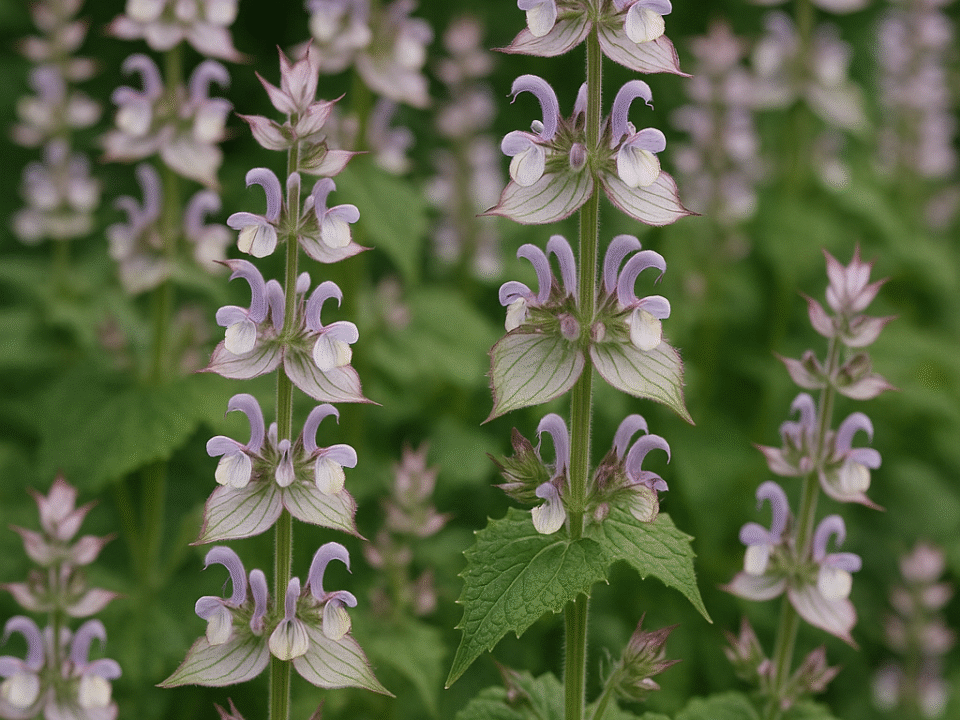
Jojoba oil is a natural oil derived from seeds of the Simmondsia chinensis. It is a drought-resistant shrub native to southern areas of California and Arizona as well as northwestern Mexico.
The O’odham Native American tribe were the first ones who extracted the oil from jojoba seeds to treat wounds and sores. The use of jojoba for retail services started in the 1970s.
In skincare, it is commonly used as a moisturizer and emollient due to its ability to mimic the natural oils produced by the skin. It is non-greasy and easily absorbed, making it suitable for use on all skin types.
Benefits of using jojoba oil on the skin include hydration, reduction of fine lines and wrinkles, and improving the overall appearance of the skin.
The active ingredient of jojoba oil helps to maintain skin hydration. As an effective emollient, it gives softening and smoothening benefits to the skin’s complexion.
Jojoba oil is a rich source of flavonoids and vitamin E. They are known as active antioxidants that protect the skin from oxidative damage which facilitates premature aging. More studies are needed to confirm the direct link between jojoba oil and anti-aging properties. However, the incorporation of jojoba oil into daily skincare routine would help to protect and brighten the skin regardless of age.
The active ingredient of jojoba oil is also a good source of B-complex vitamins. It gives anti-inflammatory properties that are effective in soothing the skin and healing wounds.
Jojoba oil can be used on the skin by applying a small amount to the face or body and massaging it in. It can also be added to other skincare products, such as lotions and creams, for an added boost of hydration.
The active ingredient of jojoba oil does not have major side effects and is safe to use on daily basis. However, individuals who are allergic to jojoba oil should avoid using products that contain it.



